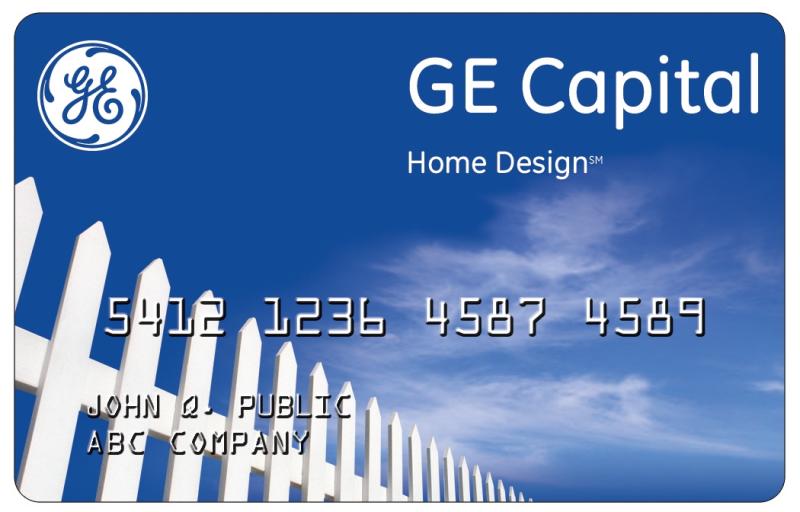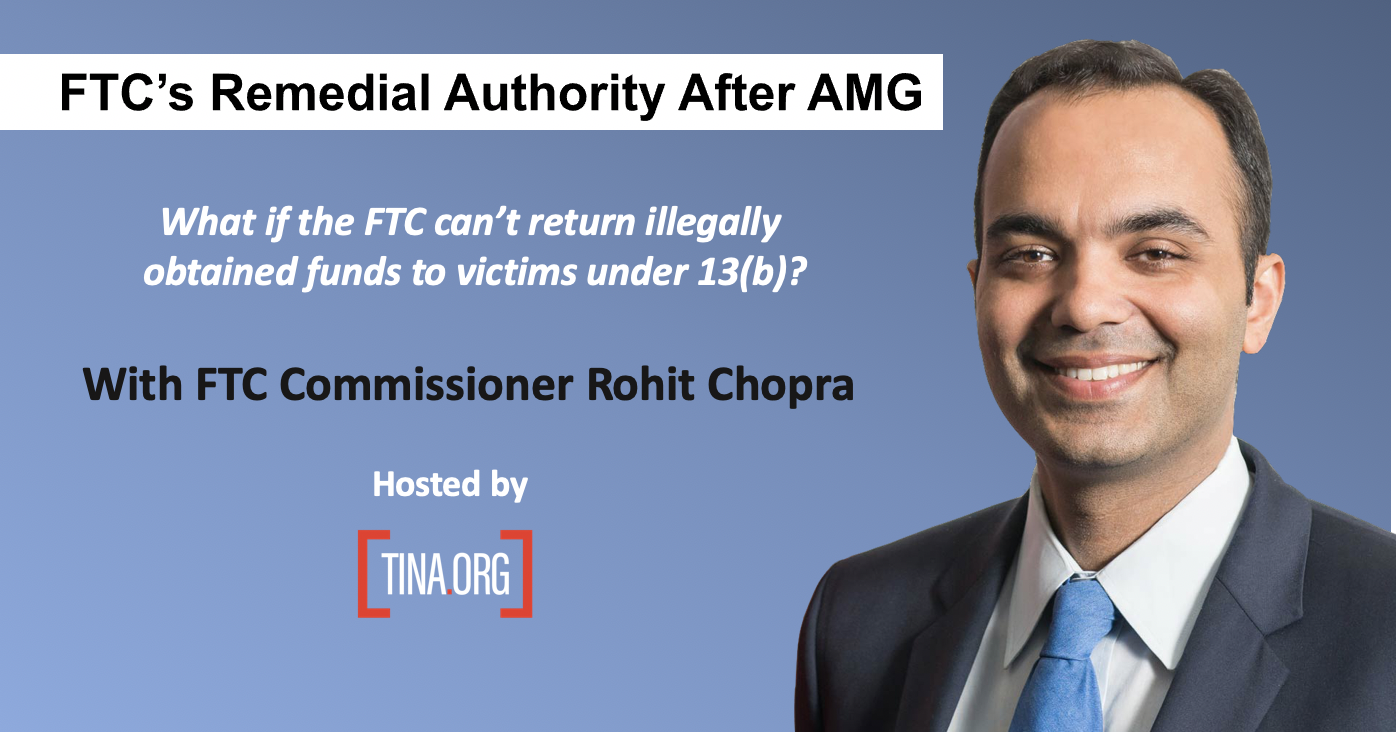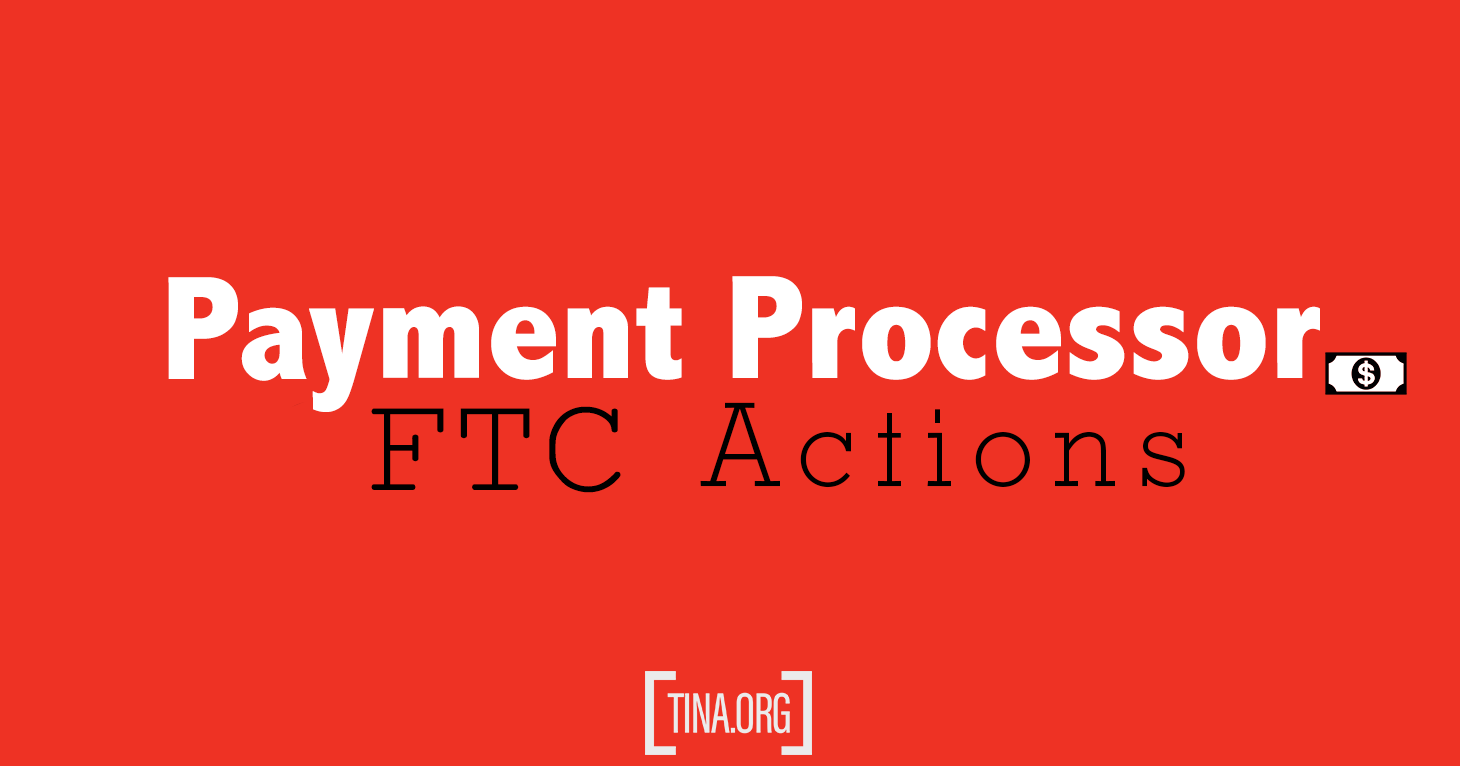
Best Reader Tips of 2021
This year reader tips led to dozens of ad alerts, as well as a complaint to regulators.
CFPB cites bank for discriminatory and misleading practices.
When trying to pay back your credit card debt, it’s tempting to think you might have some protections if you fall into hardship, especially if you think the protections are being extended to you for free, because, well, maybe you are just special or nice or whatnot.
But before you agree to any credit card add-on products, you might want to review a recent action against GE Capital. The Utah-based company, which changed its name to Synchrony Bank earlier this month, must refund more than 600,000 customers subjected to deceptive marketing and discriminatory practices relating to credit card products under a $225 million order from the Consumer Finance Protection Bureau and Department of Justice. The company was also cited for discriminating against Hispanic customers.
GE Capital promoted credit card add-on products that consumers were told would provide debt cancellation of a certain percentage of a consumer’s balance in the event of certain hardships such as unemployment or disability.
However, an investigation by CFPB and DOJ found that the company’s telemarketers misrepresented the products in four main ways:
In addition, regulators said GE Capital did not extend the offers to customers who preferred to communicate in Spanish or had mailing addresses in Puerto Rico.
As part of the order, the company will refund $56 million to 638,000 consumers affected by the marketing, provide $169 million to 108,0000 borrowers excluded from the debt relief products, and pay a $3.5 million penalty to CFPB. Consumers affected will receive a credit to their GE accounts or a check in the mail if they no longer have a credit card from the company.
Last year the company was ordered by CFPB to refund up to $34.1 million to about one million consumers who were victims of deceptive credit card enrollment tactics at doctors’ and dentists’ offices around the country.
GE is not the first bank to pay out penalties for deceptive credit card payment protection practices and (likely won’t be the last). In April, Bank of America agreed to pay out more than $700 million for deceptively marketing credit card products and billing consumers without authorization.
This year reader tips led to dozens of ad alerts, as well as a complaint to regulators.
In case you missed it, watch the webinar with FTC Commissioner Rohit Chopra.
A review of lawsuits the FTC has filed against companies and individuals that process credit and debit card transactions.


